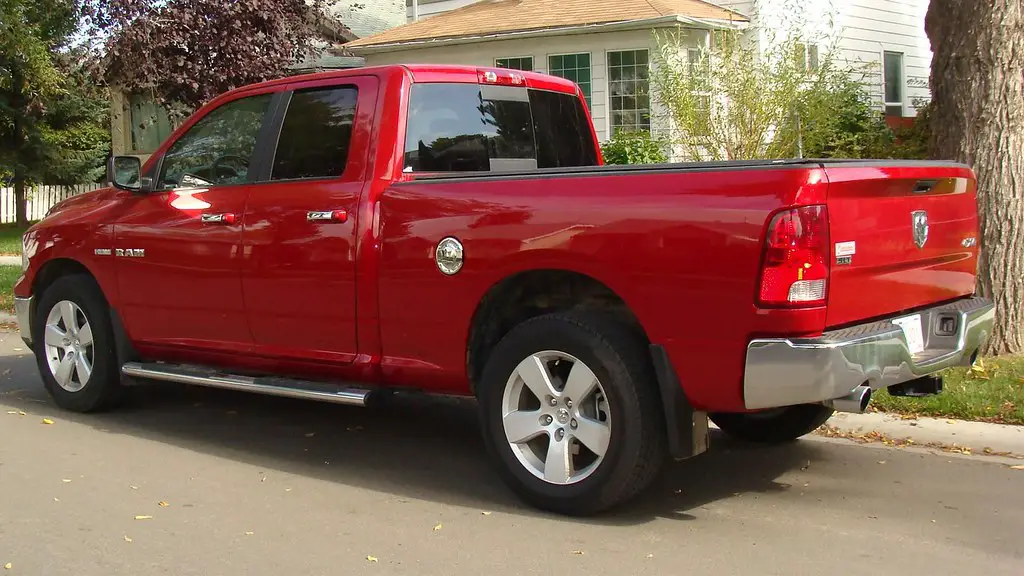The Dodge 4.7 engine, known as the Chrysler PowerTech, has become renowned for its reliability and performance in the automotive world. In this comprehensive guide, we will delve into the key aspects of this engine, addressing common issues, exploring performance upgrades, and highlighting the availability of crate engines. Whether you are a beginner or an automotive enthusiast, this article aims to provide valuable insights for diagnosing, troubleshooting, and optimizing the Dodge 4.7 engine.
Unraveling Common Issues with the Dodge 4.7 Engine
The Dodge 4.7 engine may encounter a few common problems that owners should be aware of. These include cooling system challenges, head gasket failures, valve seat issues, and valve cover gasket leaks. Recognizing the symptoms associated with these problems is essential for timely intervention and prevention of further damage.
Cooling System Optimization for Enhanced Performance
The Dodge 4.7 engine’s cooling system is susceptible to radiator leaks, water pump failures, and thermostat malfunctions. To maintain optimal performance, regular maintenance such as coolant flushes, addressing cooling system issues promptly, and ensuring proper airflow are crucial steps to prevent overheating and subsequent engine damage.
Head Gasket Fortification for Reliable Operation
Head gasket failures can lead to a decline in performance, white smoke emission, and coolant loss. Monitoring engine temperature, addressing overheating issues promptly, and conducting routine maintenance can mitigate the risk of head gasket failure and ensure reliable operation.
Maximizing Valve Seat Durability
Valve seat failures can result in reduced engine compression, causing power and fuel efficiency issues. Preventive measures such as regular maintenance, proper cooling system care, and avoiding prolonged overheating can help maximize the durability of the valve seats and extend engine longevity.
Tackling Valve Cover Gasket Leaks
Valve cover gasket leaks, a common occurrence in older Dodge 4.7 engines, can lead to oil leaks and unpleasant burning odors. Timely repair and replacement of the gasket, along with regular maintenance practices and oil changes, can prevent further damage and maintain engine performance.
Unleashing the Potential: Performance Upgrades
To enhance the power output of the Dodge 4.7 engine, enthusiasts can explore various performance upgrades. Upgrading the air intake system, optimizing the performance control module (PCM), enhancing the exhaust system, and considering additional modifications like spark plug upgrades, forged internals, or supercharger installations can significantly boost engine performance. It is essential to conduct thorough research, seek advice from experienced owners, and ensure compatibility with the vehicle’s overall configuration.
Exploring Crate Engine Solutions
For those seeking engine replacement or upgrades, a range of reputable crate engine options is available. Prominent brands such as ATK, PowerSource Performance, JASPER, Mopar Performance, SureFire, Proformance Unlimited, TriStar High Performance, and Blueprint Engines offer remanufactured or custom-built Dodge 4.7 crate engines. These engines come with enhanced performance, reliability, and often include warranties, providing owners with peace of mind and a rejuvenated driving experience.
Conclusion:
The Dodge 4.7 engine’s reputation for reliability and performance remains intact. By proactively addressing common issues, considering performance upgrades, and exploring crate engine options, enthusiasts can unlock the true potential of their Dodge 4.7-powered vehicles. Regular maintenance, attention to driving habits, and adherence to environmental considerations are crucial for optimizing engine performance and longevity.

